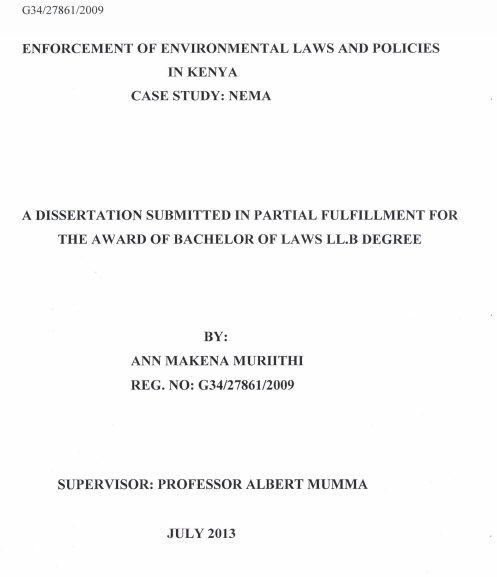Southeast Asian agriculture: Why such rapid growth?
Since the early 1960s, notwithstanding dire predictions of agricultural theorists and colonial observers, agricultural growth has been strong among most Southeast Asian countries. More recently, this expansion has reached the maritime domain, with the rapid development of aquatic production through sea-based aquaculture among others. In recent territorial expansion and increase in yields for export crops has been faster than for food crops.


